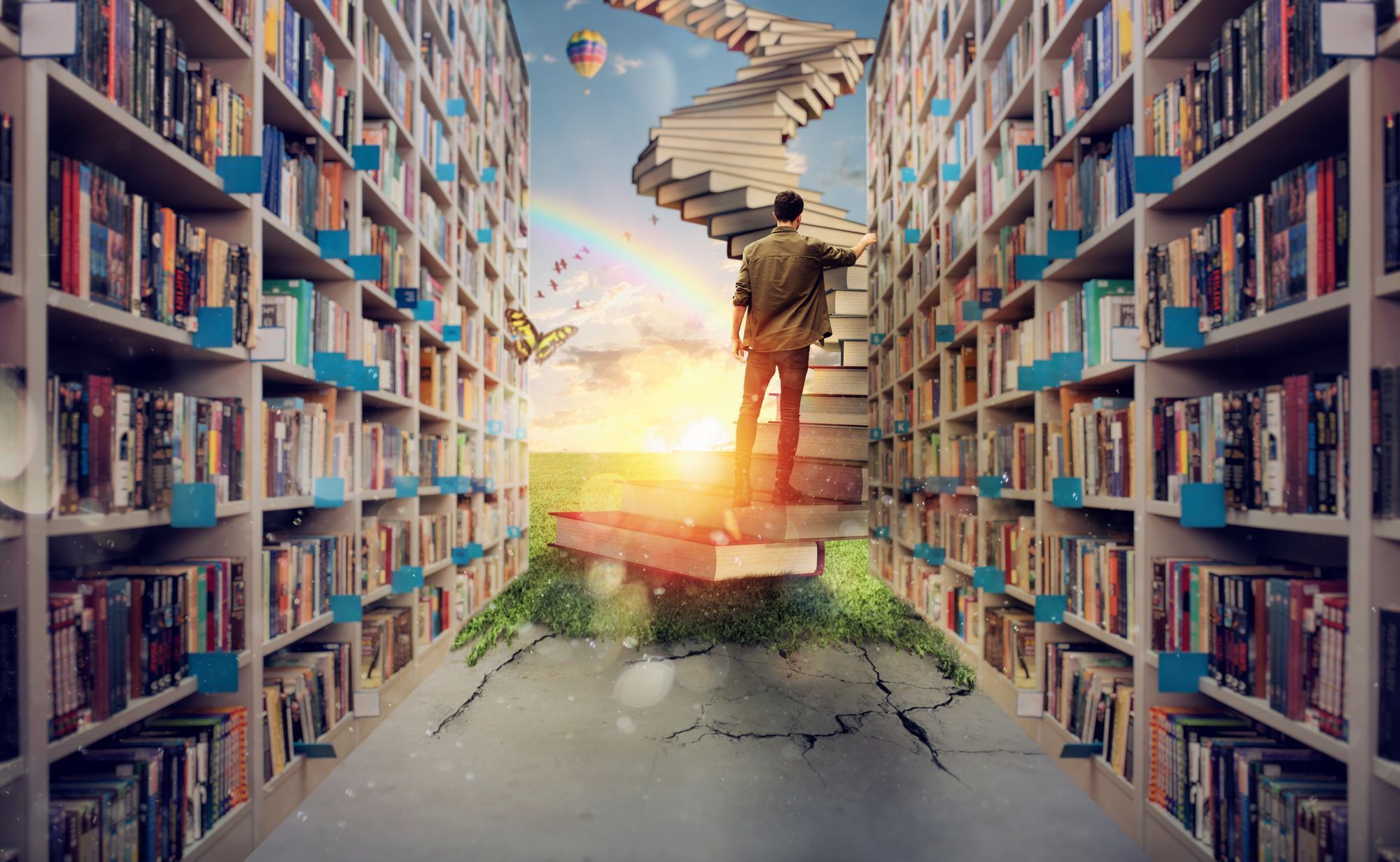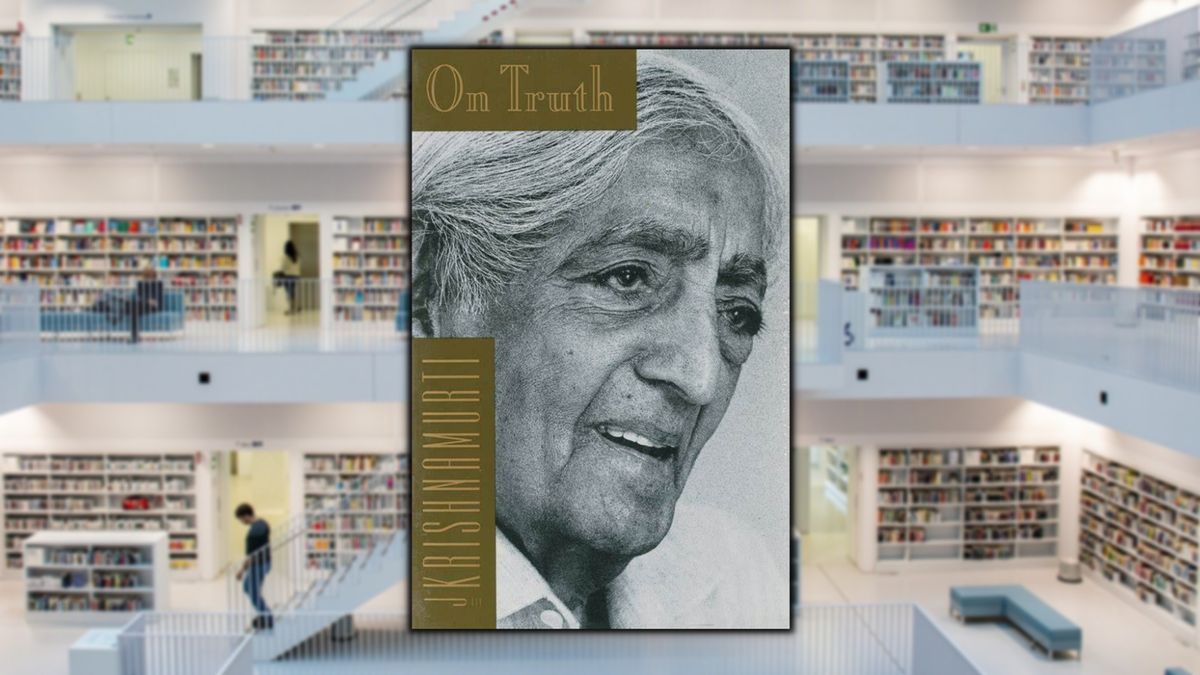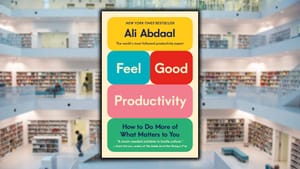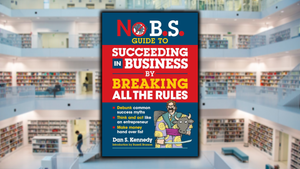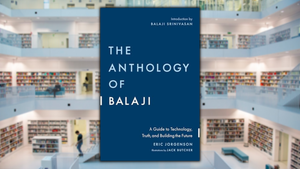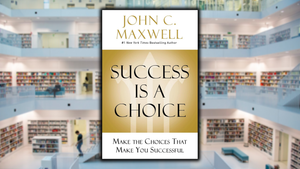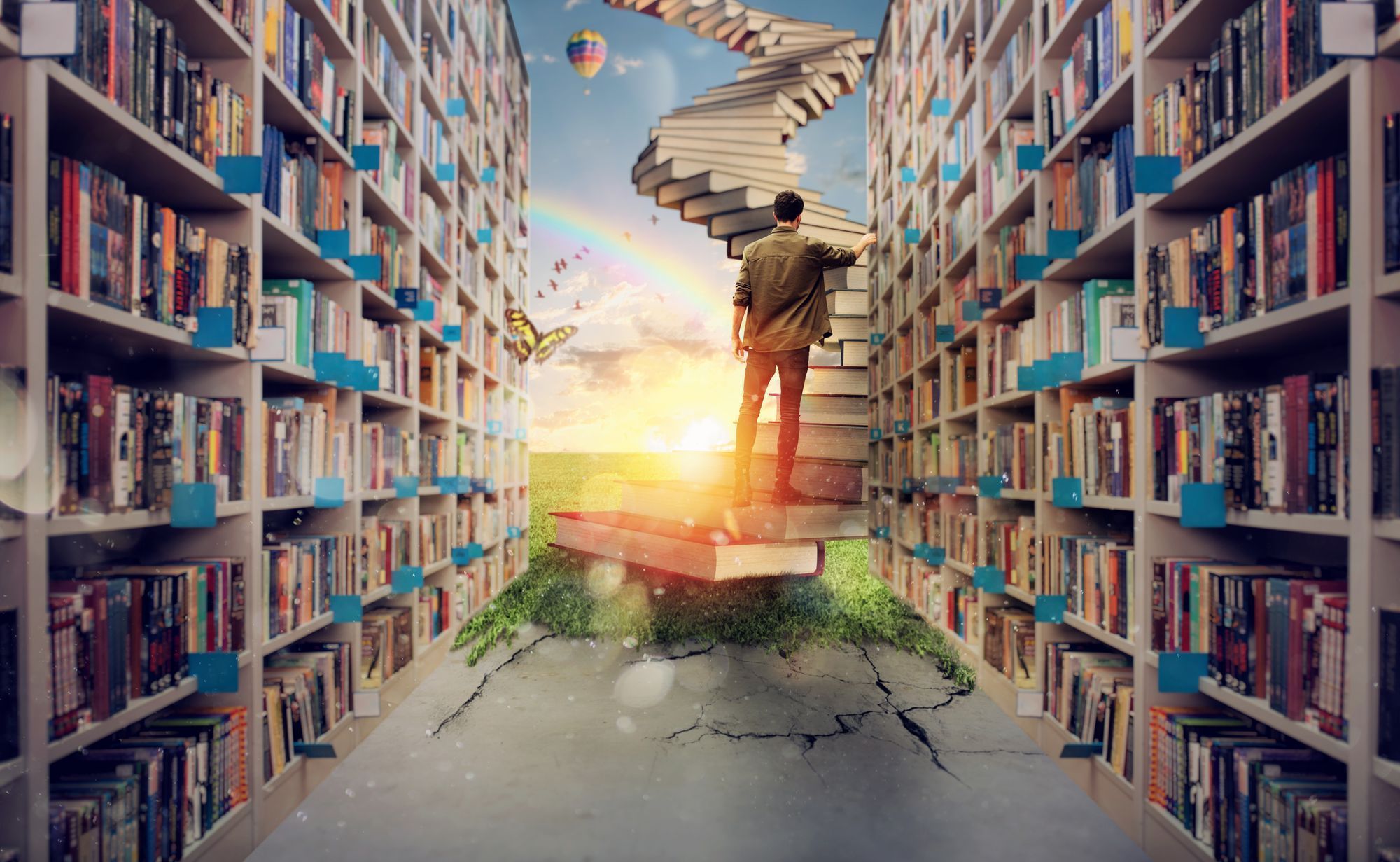
This Book is For:
*Everyone who is intensely curious about the true nature of reality but who is distrustful of the people who claim to have all the answers - and always seem to charge money to dispense them.
*Relentless seekers of self-knowledge who want to learn how to stand back from the constant workings of their own mind, and discover things about themselves that they can only find out by watching.
*People with flexible minds capable of holding two or more opposing ideas in their minds without fleeing to the safety of any of them, and who want to maintain and develop this same mental flexibility.
*Anyone who doesn't want to be told what to think, but instead wants to understand more deeply what they think.
Summary:
“Truth is a thing that is living from moment to moment - to be discovered, not believed in, not quoted, not formulated. But to see that truth, your mind and your heart must be extremely pliable, alert."
-Jiddu Krishnamurti
Thinking that you can find one Ultimate Truth that's going to be final and complete for all time is like a musician trying to hold down one note forever and ever; like trying to close your fist around a flickering flame; or like trying to stop a sunset and hold it in place until the end of time.
Trying to pin down the truth of human existence is an impossible task, and trying to fossilize that truth with words is always a mistake. Not only that, but no one can lead you to the truth either. Sure, they can suggest ways of approaching the truth, but they can never simply hand you the real thing.
Jiddu Krishnamurti understood this from a very early age when in 1929 he voluntarily dissolved the religious organization that sought to name him the new World Teacher and get him to take the lead of their new movement.
In a famous speech entitled Truth is a Pathless Land, he stated that it's impossible to follow anyone to truth and that you'll never find out the basic truth about the structure of Reality by listening to some leader or guru.
So naturally, Krishnamurti in this book - which is a collection of his public talks about the nature of truth and the various ways in which the mind distorts and obscures it - never claims to have access to some special truth that you or I don't have.
In my own life, Krishnamurti motivated me to question everything I thought I knew (and was told) about the world and the mystery of existence. He made me aware of the inner workings of my own mind and helped me see how truth arises when effort stops, when the mind is perfectly empty, and when there is only direct experience of the present moment.
All this is to say that this book won't teach you anything that's "true." Likewise, this breakdown can never claim to feature the Ultimate Truth about anything! There is no authority "out there" that can lead you to the truth, no "script" that you can follow that will lead you to the answers to the most important questions of life. But that's what makes being alive at all so damn exciting!
Dead, lifeless "truths" are just...boring. Life is always moving and changing, and so is the truth of Reality and Existence. The search for what's true is the wildest adventure in the whole damn universe, and we're all living it right now.
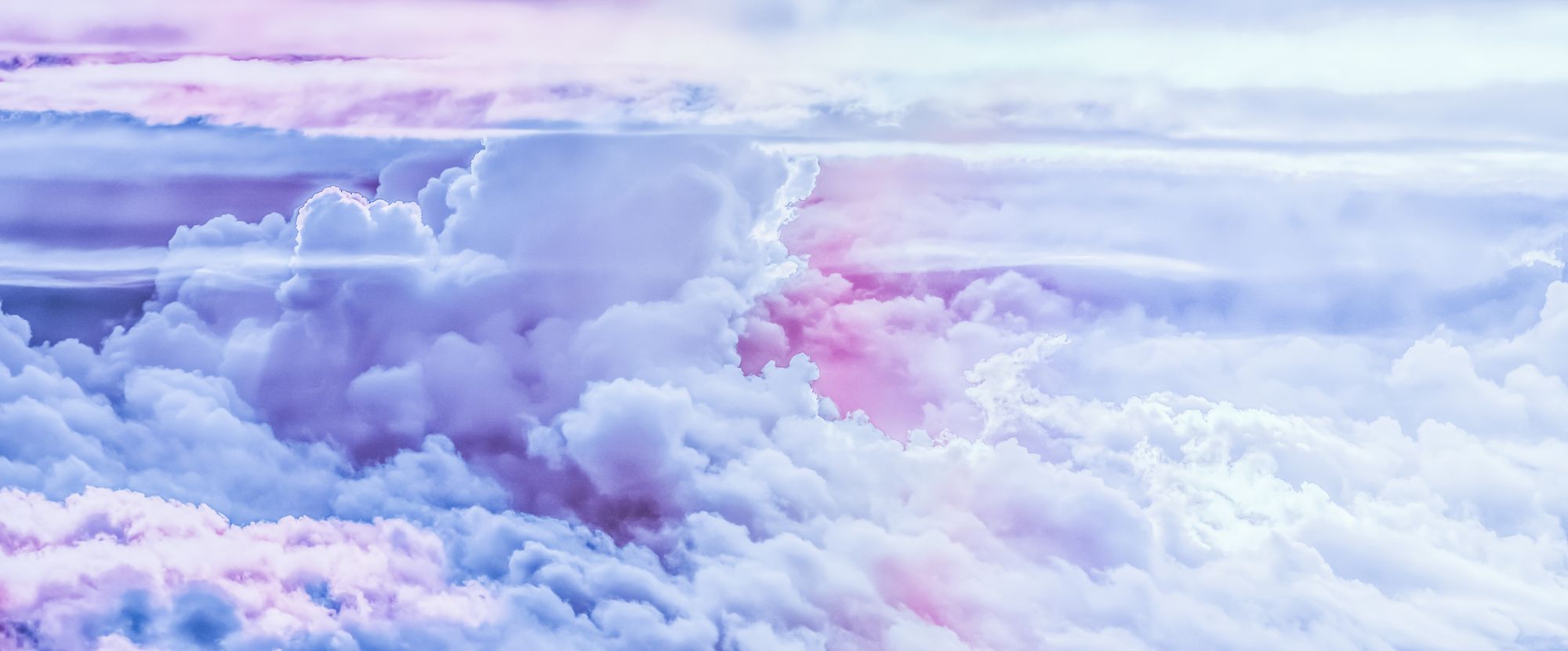
Key Ideas:
#1: Truth Has No Continuity
“Truth is always new, and therefore timeless. What was truth yesterday is not truth today, what is truth today is not truth tomorrow. Truth has no continuity. It is the mind that wants to make the experience that it calls truth continuous, and such a mind will not know truth.
Truth is always new; it is to see the same smile, and see that smile newly, to see the same person, and see that person anew, to see the waving trees anew, to meet life anew.
Truth is not to be had through books, through devotion, or through self-immolation; it is known when the mind is free, quiet. And that freedom, that quietness of the mind, comes only when the facts of its relationships are understood. Without understanding its relationships, whatever the mind does only creates further problems.
But when the mind is free from all its projections, there is a state of quietness in which problems cease, and then only the timeless, the eternal comes into being.
Then truth is not a matter of knowledge, it is not a thing to be remembered, it is not something to be repeated, to be printed and spread abroad. Truth is that which is. It is nameless, and so the mind cannot approach it."
Krishnamurti sure does make it difficult to talk about anything! To be consistent with his logic, even my interpretation of this quotation could never be "true" - only an interpretation, an attempt to make Reality hold still, which is obviously impossible. As he says, truth is always new, it has no continuity, one can never hold onto it forever, and the analytical mind can never seize it.
I like to think of Ultimate Truth as a body of calm water, free and pure and clear. The moment when you stick your hand in there in order to point to it and say, "Look! This is the truth!" your very action disturbs the calm water of Truth and makes it false again.
Western minds in particular always want to pin the truth down forever and always, to be able to say, "Here's the answer! We've found it, this is true, and it always will be." But Reality doesn't work that way. Certainty is not a natural property of the universe, and the human mind that goes looking for one, perfect, eternal truth never finds it.
The universe is always becoming, and it never arrives at any finished state. In the same way, truth only exists in the present moment, at the particular time and place that you call the here and now. It is always changing and always new because you are always changing and always new.
One of the most fascinating "truths" of the universe is that none of us ever experiences the world exactly as it is; we only experience it as we are. Once you change the way you look at things, the things you look at change.
To see this, just observe how when you're tired and hungry, and frustrated after a particularly long day, everything seems dark and aggravating, and hostile. But when you wake up after achieving some victory or other in your life everything seems bright and wonderful!
Or right after you finish searching for new cars to buy, you start seeing the same kind of car everywhere. The truth is that they were always there, but you're just noticing them now. Your focus and awareness changed, and that particular type of car entered your new reality. This is just more proof that you can never experience the world as it really is, but as you are.
So, it follows that if you want to change the world, change yourself.
As we'll discuss in the next Key Idea, that's the only way in which it can be done. This is because we exist in relationship with everyone and everything else, and what you are the world will become.
I'm getting dangerously close here to trying to tell you what Truth is, and obviously, that would be a huge mistake. No one can do that, which is why I've always been drawn to Krishnamurti's talks.
Out of all the books of his that I've read and public talks of his I've watched on YouTube, he has never once said that he knew what Ultimate Truth was and that you should listen to him in order to find out. He always wanted to get people to turn inward and discover what they thought, to examine the questions that they had. And, in the process, to discover that the truth is so much wider, grander, and more magical than our views of it. To discover the truth is, quite literally, to discover the immeasurable.
#2: Only the Individual Can Change
“I am talking to the individual because only the individual can change, not the mass; only you can transform yourself, and so the individual matters infinitely."
Krishnamurti once said that changing the entire system without changing the actual individual within that system was a dangerous error.
Now, of course, systems do change the people embedded within those systems. To take just one controversial example, there are specific incentives that motivate the actions of people within a capitalist system that do not operate on the members of a communist system, and vice versa. This is clear enough.
So to change the system will almost inevitably change the individual within that system. But not actively working to change the individual at the same time most certainly is a dangerous error, just like Krishnamurti said.
This is true because only the individual can change, and the system has value only to the extent to which the individuals within that system act in accordance with goodness and virtue. Capitalism could probably work. Communism could probably work. But perverse individuals have perverted both systems to the extent that neither can be said to work perfectly.
We exist in relationship only. We live alongside everyone with whom we are networked, which, at this point is virtually every single person on earth. What you become, the world will become. If you want to improve the world, improve yourself. The effects of that conscious improvement will have beneficial ripple effects throughout the entire universe.
The key is to work within your circle of control, your circle of influence. Changing yourself is hard enough! I mean, have you ever tried to change someone else? How did that go for you? And an entire system? What hope do you have of effecting that kind of change on your own? Virtually none.
Even changing yourself isn't guaranteed to work, but you have a much higher likelihood of success if you focus on what you can do, what you can influence, which is your own thoughts, your own actions, your own inputs, and the people and ideas you spend the most time with.
All the external change that occurs in the world becomes meaningless if it doesn't positively contribute to the development of the individual. The world won't change until and unless we change, and we must change, for the problems facing the world are simply too great for us to meet them as we are.
#3: Understanding What Is
"Because I am going to become something, there is never a complete understanding of myself, and understanding myself - what I am exactly now - does not require the cultivation of memory. On the contrary, memory is a hindrance to the understanding of what is."
Whenever you say that you are trying to become happier or non-violent, you have actually defined yourself as someone who is unhappy, someone who is violent.
You're either happy and peaceful or you're not. There is no in-between. It's a total transformation, and as long as you cling to the memories and mindsets of someone who is hateful and unhappy you will never become peaceful and content. These are just two examples that Krishnamurti often used in his public talks, but the idea is worth examining more deeply.
We're always thinking of what we'll become tomorrow, but we rarely take the time to understand who we are now, to understand what is. We think we'll be happier, less envious, more present, and more serene tomorrow, but barely exist today in the here and now, where we're unhappy, jealous, anxious, and scattered. Not all of us, sure, and not all the time, but most of us could surely benefit from a closer examination of ourselves and who we actually are.
This question of who we are is pretty much the most fascinating question one could ever ask because it's so complex and so...elusive. We can never quite pin down an answer that will completely satisfy or reach the bottom of all that we are or could become. Once you get into it, you really just never fully find out!
It's literally the project of a lifetime to figure out Who You Are, and sadly, most people don't even seem to be all that interested in the question. They're more interested in who they were in the past or who they might be at some distant point in time and space that may never arrive.
#4: The Interconnectedness of All Things
“To be is to related. Not to understand relationship is misery, strife.”
One of my mentors across time and space, Alan Watts, once said that what you are basically, deep deep down, far far in, is absolutely synonymous with the fabric and structure of existence itself.
That is to say, "you" are something that the universe is "doing," in the same way that a wave is something that whole ocean is doing. Your humanity is intimately bound up with everything else that exists in the universe - and everyone else who exists in the universe - and what Krishnamurti is saying is that not understanding that fact is the basis for most of our collective suffering.
Essentially, you can't pull on any single thread anywhere without finding out that it's actually attached to the entire rest of the universe.
Just as you can't have Light with Dark or Shape without Solid, you can't have Self without Other, Truth without Falsehood. Everything exists in relationship to everything else, and where we go wrong is to ignore that basic fact of existence and persist in thinking of ourselves as isolated, angry, hostile "parts" constantly at war with each other over stupid silly shit.
None of this is to say, however, that you can't or shouldn't be your own person. Some have even said that the whole purpose of existence is to find out who you really are! So this journey to self-knowledge isn't necessarily a bad thing, and it's healthy to be proud of your accomplishments and pleased with your success.
The people who can live with both truths, living on both levels simultaneously, are the ones who can be happy for the success and flourishing of others, commit to working hard towards making their own dreams a reality, and basically just be a lot more fun to hang out with!
It's possible to be your own person and still give of yourself unselfishly and liberally to others. You don't have to deny yourself so that others can have more, or put yourself down so that others can rise higher. We can all win this infinite game, and indeed, as George Eliot wrote in her 19th-century classic novel, Middlemarch:
"What are we here for, if not to make life a little less difficult for one another?"
#5: The Fruitless Search for Truth
“Truth is the unknown, and the mind that is seeking truth will never find it.”
The moment you try to hold onto any truth you happen to find, it crumbles in your hands and becomes a lie. Trying to pin down the Truth (Reality) forever and ever is like trying to grasp a waterfall or make one single note last forever.
Truth, as Krishnamurti suggested, is always new, always available, and always present; we can move with it but never hold onto it, never possess it forever and for all time. It changes too fast: wait one moment and truth is gone, with another truth having taken its place.
This constant, neverending change is what makes life exciting and vivid - it's what makes life worth living! When you realize that truth is nowhere to be found, you start seeing it everywhere. The whole of life then becomes wonderful, and magic abounds seemingly everywhere.
You know by now that I can never "tell" you what truth is or how to find it. I don't know. Krishnamurti doesn't know. Your local priest or rabbi or whatever doesn't know. Nobody knows. At least not for long.
Truth, so to speak, is the water we're all swimming in, and we don't need anybody else to show us how to get there because we're already Here and the time is already Now.
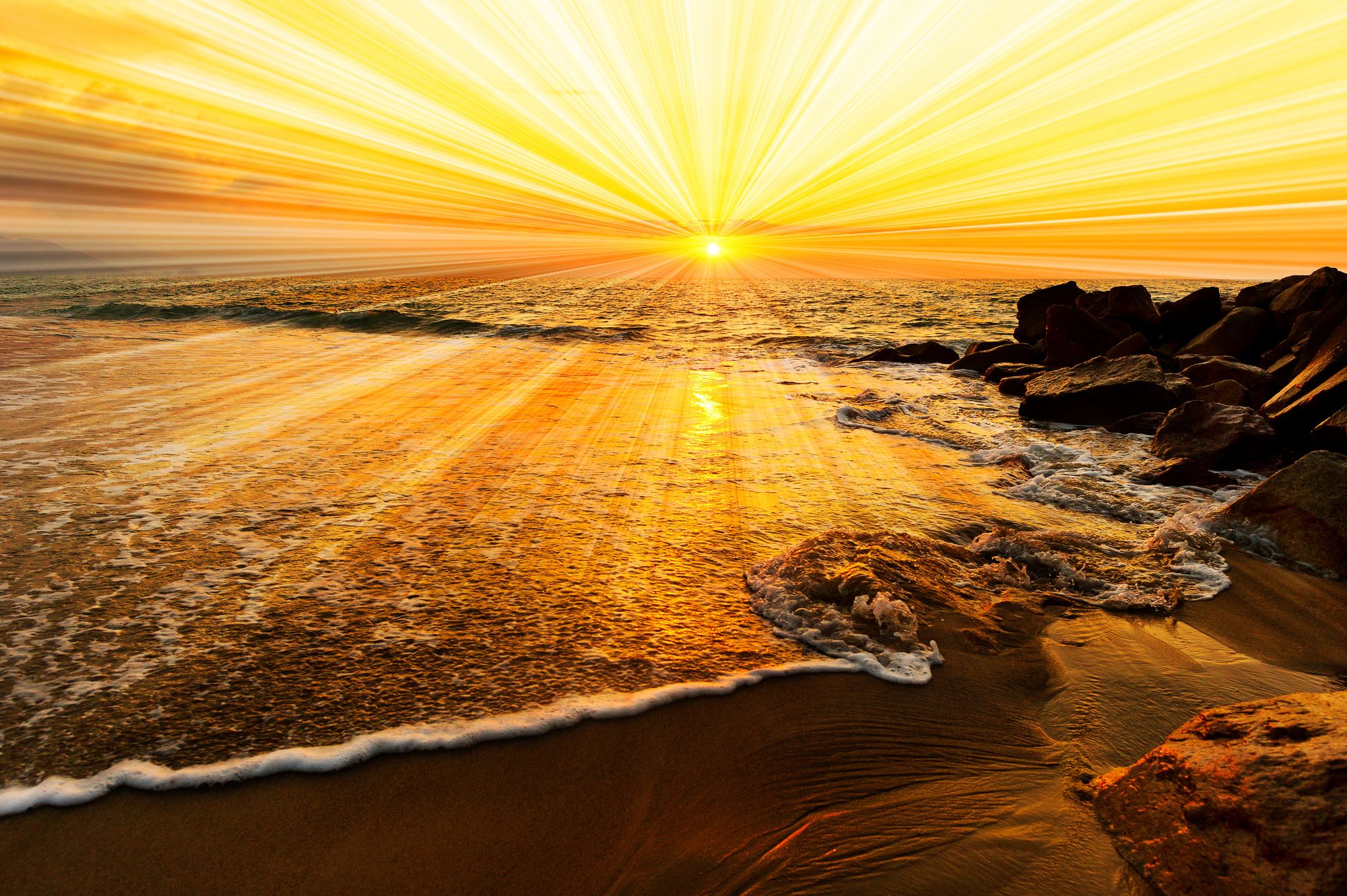
Book Notes:
“We do not know how to live wholly, completely in the present. We are using the present as a means to the future, and therefore the present has no significance. We cannot live in the present because we are using the present as a passage to the future."
“We meet today with yesterday. Now, can one meet today, the present, without the thought of yesterday?”
“Can confusion be cleared up by another, however great?”
“Truth has no continuity.”
“If we can see that the mind creates habits, and functions in habit, and that a mind enclosed by its own self-created memories, desires, and fears cannot see or experience anything directly - when we can see the truth of that, then there is a possibility of experiencing directly."
“At any level - economic, social, religious, political, psychological - what is important is to discover exactly what is, not what should be."
“There can be no attention if there is contradiction.”
“I am suggesting that in the field of reality conflict is the very nature of that reality. So if there is an understanding, a radical change, in you, if there is the ending of conflict in a human being, then it affects the whole consciousness of man, because you are the world, and the world is you."
“Truth is not perceivable through time. Truth doesn't exist when the self is there. Truth doesn't come into existence if thought is moving in any direction. Truth is something that cannot be measured. And without love, without compassion, with its own intelligence, truth cannot be."
“I don’t see the truth. There's a tremendous difference. I can't go to truth, I can't see truth. Truth can exist only, can be only, or is only, when the self is not."
“When you hear a statement like 'All time is now' or 'You are the whole of humanity, because your consciousness is one with all the others,' how do you listen to those statements? Do you make an abstraction of them as an idea? Or do you listen to the truth, to the fact of it; the depth of it, the sense of immensity involved in that? Ideas are not immense. But a fact has tremendous possibility."
“You want to be identified, because in identification as a Hindu, a Muslim, a Christian, or whatever it is, you feel secure. That's a fact. And identification is one of the causes of fragmentation in our lives, like time, thought, and also wanting security and therefore taking roots in a particular country, a particular family, community, a group.
Listen, don't do anything - these are the factors of our fragmentation. Now, if you listen to it very carefully, that very listening creates its own energy. Do you understand? If I listen to the fact of what has been said, and there is no reaction because I'm just listening to it, then that implies gathering all my energy to listen.
That means giving tremendous attention to listening. And that very listening breaks down the factors of, or the causation of, fragmentation. If you do something, then you're acting upon the fact.
But if there is only observation, without distortion, without prejudice, that observation, that perception, which is great attention, that very attention then burns away the sense of time, thought."
“Meditation can’t be a system because then you practice, practice, practice, and your brain gets more and more dull, more and more mechanical. So is there a meditation that has no direction, which is not conscious, deliberate? Find out.
That requires great energy, attention, passion. Then that very passion, energy, the intensity of it, is silence. Not contrived silence. It is the immense silence in which time and space are not. Then there is that which is unnameable, which is holy, eternal."
“Beauty exists where the self is not.”
“So to come upon this great sense there must be the absence of the me, the ego, egocentric activity, the becoming. There must be the great silence in one. Silence means emptiness of everything. In that there is vast space. Where there is vast space there is immense energy, not self-interested energy, but unlimited energy."
“You dig very deeply to find oil, go through all that trouble, and we don't even spend a second doing this in ourselves, for ourselves."
“So we are the entire humanity. If you realize that marvellous thing, which is the truth, then you will not kill another, then there is no division between this country and that country, then your whole life is different.
If you want to pick parts of it, go ahead. Nobody is putting pressure on you not to pick a part of it to satisfy your little demands, or your big demands.
But if one actually, deeply, honestly, without all the ideological nonsense, sees the real fact that we are the whole of humanity - non-believers, Muslims, Hindus, Buddhists, the Christians - we are one.
We all go through tremendous travail. Therefore, this search for individual freedom, individual becoming, and so on, becomes rather childish."
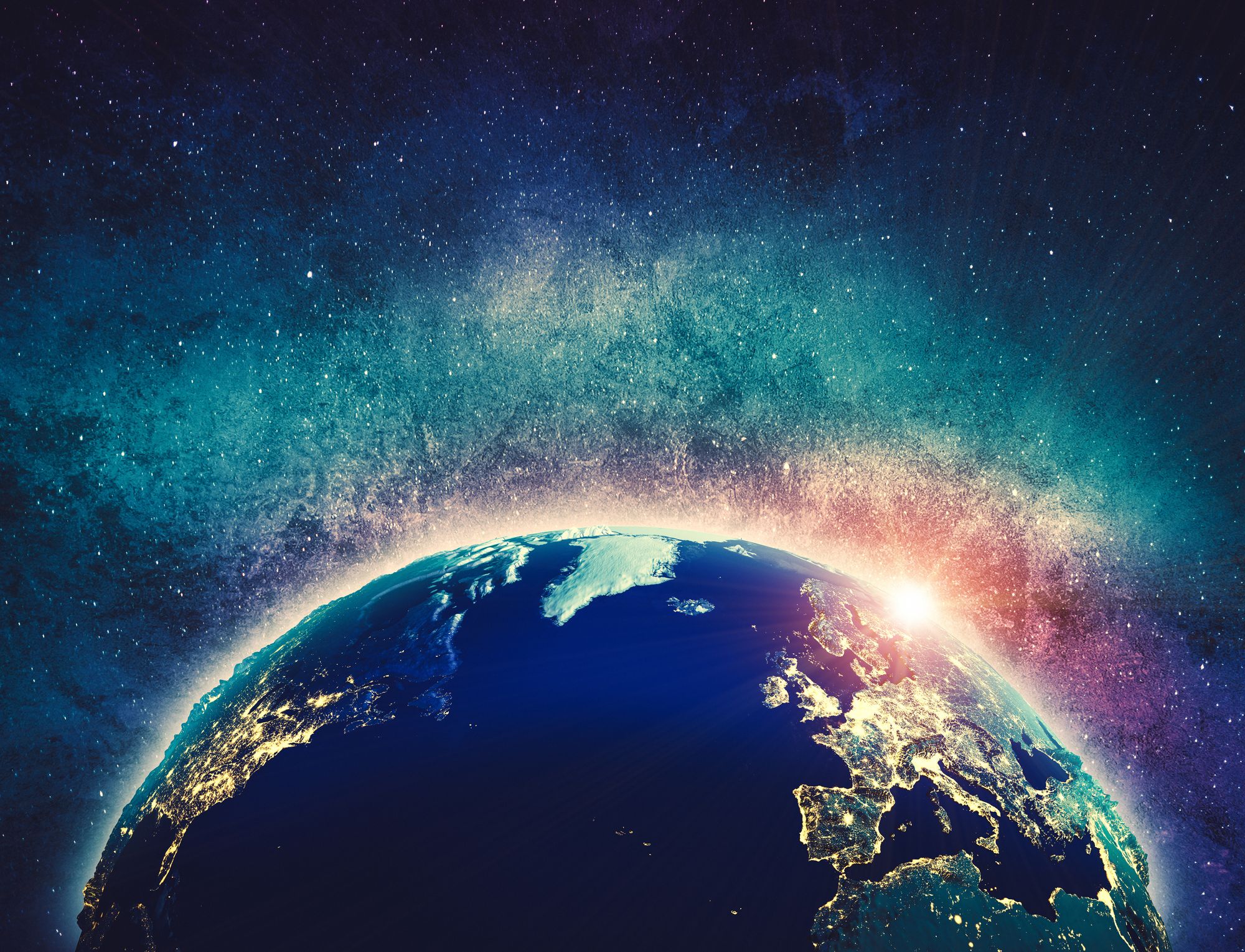
Important Insights from Related Books:
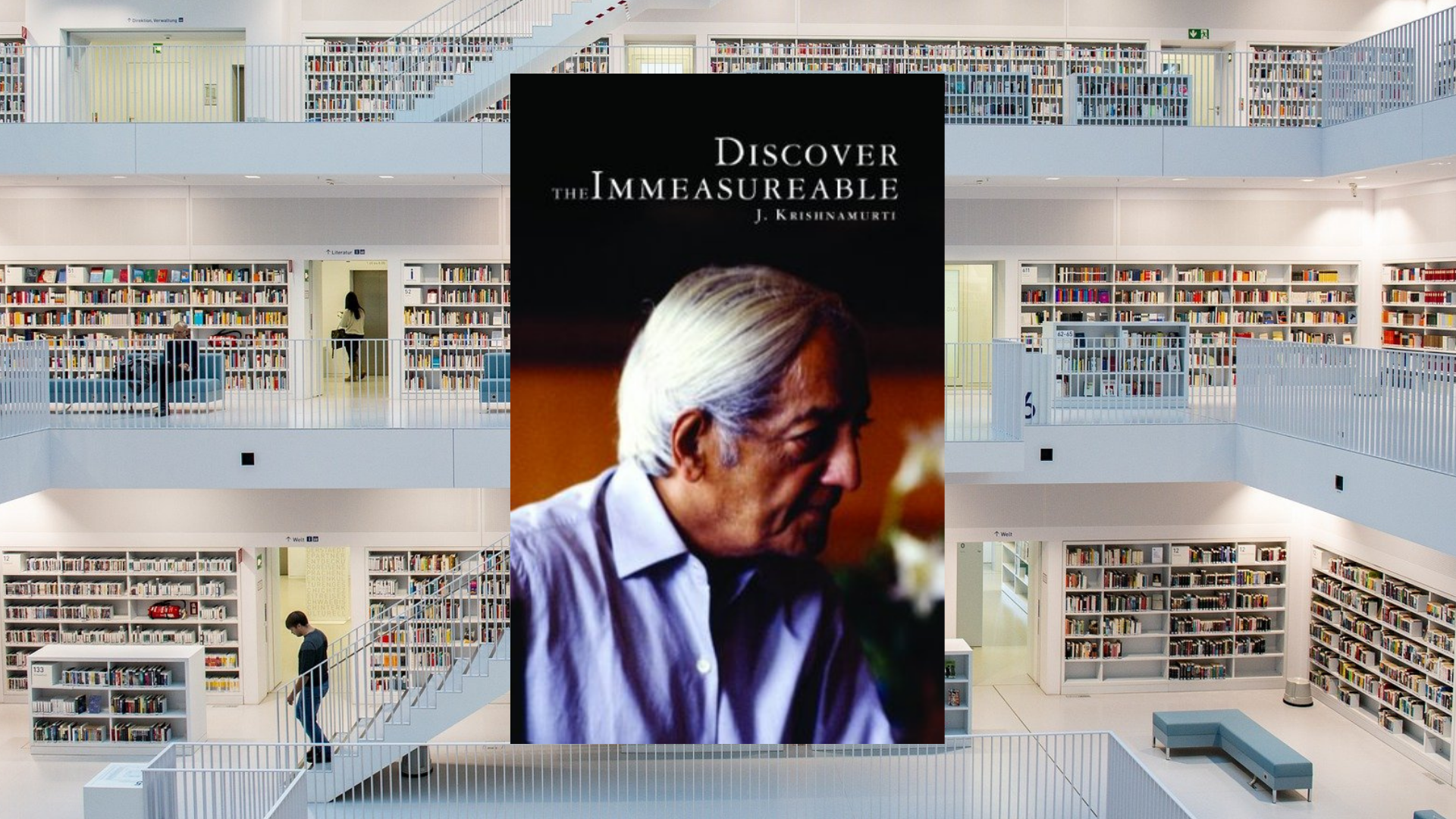
Discover the Immeasurable, by Jiddu Krishnamurti:
"I maintain that no organization can lead man to spirituality. If an organization be created for this purpose, it becomes a crutch, a weakness, a bondage, and must cripple the individual, and prevent him from growing, from establishing his uniqueness, which lies in the discovery for himself of that absolute, unconditioned Truth."
-Jiddu Krishnamurti
When he was a young man, Krishnamurti was "discovered" by one of the leading members of the Theosophical Society and groomed to become a new World Teacher, someone who would guide the evolution of mankind through his teachings and lead humanity into a new era.
An organization was even founded to support this aim - The Order of the Star - but in August of 1929, Krishnamurti suddenly stepped down from his position and dissolved the entire organization. He did this after a short but epic speech titled, "Truth is a Pathless Land," where he asserted that no organization can ever lead a person to discover truth; there is no authority that can ever replace the need for an honest, searching inquiry into the fundamental nature of reality.
For the next 60 years, he traveled all over the world, giving public talks and speaking with individuals about the vital importance of deep, personal meditation, and the radical transformation of the human psyche.
Discover the Immeasurable contains a series of six lectures given by J. Krishnamurti in the Fall of 1956, where he speaks about the inherently evil nature of authority, the constant flow of existence, and how the structure of our current society and even our own minds perpetuates needless conflict, misery, and tragedy.
We have created our society through our relationships with others and our habitual patterns of thinking, and if we want to change the world, it is impossible to leave ourselves unchanged.
Sample Quotes from the Book:
“To understand the immeasurable, the mind must be extraordinarily quiet, still; if I think I am going to achieve stillness at some future date, I have destroyed the possibility of stillness. It is now or never. But we are all thinking of heaven in terms of time.”
“So long as there is nationalism, so long as you are a German or a Russian or an American, clinging to sovereignty, to an exclusive nationality, you are sure to have war. So long as you are a Christian and I am a Hindu, or you are a Muslim and I am a Buddhist, there is bound to be war.
So long as you are ambitious, wanting to reach the top of your society, seeking achievement and worshiping success, you will be a cause of war. But we are brought up on all this. We are trained to compete, to succeed, to be ambitious, to serve a particular government, to belong to a particular country or religion. Our whole education cultivates the competitive spirit and guides the mind towards war. And can we, as individual human beings, change all this?
Can you and I individually cease to be ambitious, cease to regard ourselves as Germans or Indians, cease to belong to any particular religion, to any particular group or ideology – communist, socialist, or any other – and be concerned only with human welfare?
So long as we remain attached to a group or to an ideology, so long as we are ambitious, seeking success, we are bound to create war. It may not be a war of outward destruction, but we will have conflict between each other and within ourselves, which is actually a form of war.
I do not think we see this, and even if we do, we are not serious about it. We want some miraculous event to take place to stop war, while we continue to live as we are in the present social structure, making money, seeking position, power, prestige, trying to become famous, and all the rest of it. That is our pattern, and so long as that pattern exists in our minds and hearts, we are bound to produce war.”
“The individual problem is the world problem. It is what we are as individuals that create society, society being the relationship between ourselves and others. I am speaking – and please believe it – as one individual to another, so that together we may understand the many problems that confront us.
I am not establishing myself as an authority to tell you what to do because I do not believe in authority in spiritual matters. All authority is evil, and all sense of authority must cease, especially if we would find out what is God, what is truth, whether there is something beyond the mere measure of the mind. That is why it is very important for the individual to understand himself.”
Read the Full Breakdown: Discover the Immeasurable, by Jiddu Krishnamurti
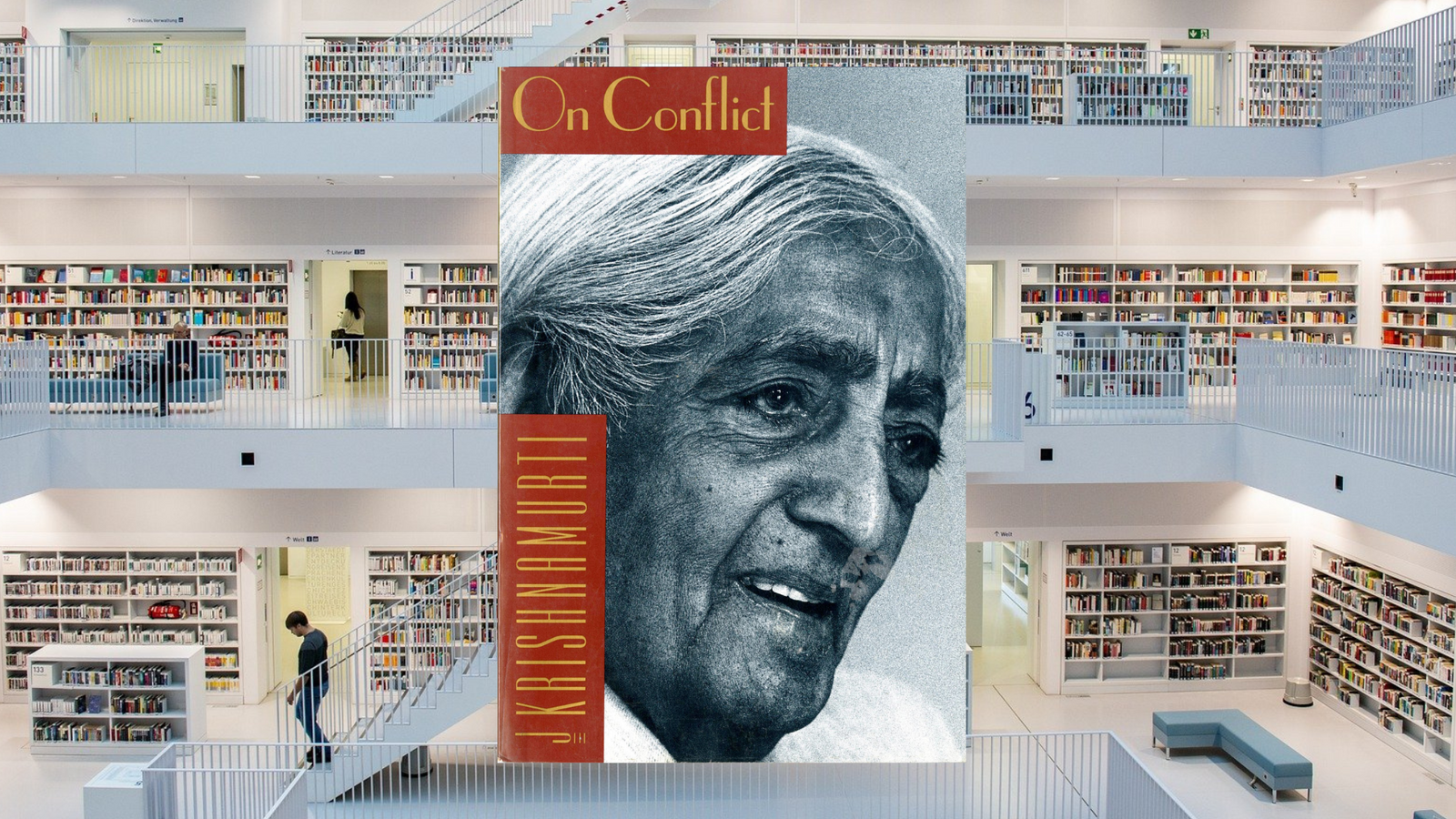
On Conflict, by Jiddu Krishnamurti:
“Is it possible to live a life without conflict in the modern world, with all the strain, struggle, pressures and influences in the social structure? That is really living, the essence of a mind that is inquiring seriously. The question whether there is God, whether there is truth, whether there is beauty can come only when this is established, when the mind is no longer in conflict.”
-Jiddu Krishnamurti
Violence is like a stone dropped into the middle of a lake. At the center is the perpetrator of the violence or conflict, or the "ego," the "me," and once set into motion, the waves spread and spread, with ripple effects across time that affect all of us.
As long as the "me" survives, says Jiddu Krishnamurti, it is the logical extension of this fact that there must be violence. It is an inevitability, and the only peaceful path forward is to dissolve the ego, with all of its pointless strivings, useless antagonisms, and petty hatreds.
We are the world, and what we are, the world is. If we are hostile and greedy and violent and all the rest of it, then that's exactly the kind of world we will all create together.
Thus, at the core, each of us must hold ourselves completely responsible for the state of the world and the violence occurring within it and committed in our names. This is a radical claim, obviously, but as you'll see, Krishnamurti never really does anything halfway!
He says that change, radical change, must be immediate and total, and not experienced in terms of time. We either change now, or we never will.
We either find a way to see conflict clearly for what it is, what it's doing to our psyches and our homes and our world, and resolve it now, or it will always be with us.
We have created our society through our relationships with others and our habitual patterns of thinking, and if we want to change the world, it is impossible to leave ourselves unchanged.
Sample Quotes from the Book:
“Each one of us has built up this civilization, has contributed towards its misery, is responsible for its actions. We are the outcome of each other’s actions and reactions; this civilization is a collective result.”
“So can you observe your conflict and see that it is not separate from you, that you are that conflict?”
“You give a great deal of time and energy to making money, as you do to being entertained. But you never give energy deeply and profoundly, in complete attention, to find out whether conflict can ever end.”
Read the Full Breakdown: On Conflict, by Jiddu Krishnamurti

Awareness, by Anthony de Mello:
“But I’ll promise you this: I have not known a single person who gave time to being aware who didn’t see a difference in a matter of weeks. The quality of their life changes, so they don’t have to take it on faith anymore. They see it; they’re different. They react differently. In fact, they react less and act more. You see things you’ve never seen before."
-Anthony de Mello
What does it feel like to imagine oneself as intimately connected with Reality - with everything that exists - and to live with your eyes, and your heart, wide open?
Anthony de Mello points the way to an understanding - and awareness - of what such a fully realized life feels like, and just like life, this book is full of surprises. Awareness began as a series of lectures that were later combined into a book, so it helps to imagine him speaking to an audience while you read it, and that you are in that audience.
De Mello was a Jesuit priest and spiritual teacher and he uses stories, parables, jokes, and striking insights - which he combines with his deep humanity and infinite care and affection - to wake people up to the life that's been sitting right in front of them the whole time they've been alive.
De Mello taught that you don't have to "add" anything to your life to make it - or yourself, for that matter - into everything it could be; rather, it's a process of subtraction, of dropping your attachments, your labels, your concepts, and all the other obstructions to your happiness, which is, after all, your natural state.
Sample Quotes from the Book:
“The most difficult thing in the world is to listen, to see. We don't want to see. Do you think a capitalist wants to see what is good in the communist system? Do you think a communist wants to see what is good and healthy in the capitalist system? Do you think a rich man wants to look at poor people? We don't want to look, because if we do, we may change.
We don't want to look. If you look, you lose control of the life that you are so precariously holding together. And so in order to wake up, the one thing you need the most is not energy, or strength, or youthfulness, or even great intelligence. The one thing you need most of all is the readiness to learn something new.
The chances that you will wake up are in direct proportion to the amount of truth you can take without running away. How much are you ready to take? How much of everything you've held dear are you ready to have shattered, without running away?"
“The highest knowledge of God is to know God as unknowable. There is far too much God talk; the world is sick of it. There is too little awareness, too little love, too little happiness, but let's not use those words either. There's too little dropping of illusions, dropping of errors, dropping of attachments and cruelty, too little awareness. That's what the world is suffering from, not from a lack of religion."
“Spirituality means waking up. Most people, even though they don't know it, are asleep. They're born asleep, they live asleep, they marry in their sleep, they breed children in their sleep, they die in their sleep without ever waking up. They never understand the loveliness and the beauty of this thing that we call human existence."
Read the Full Breakdown: Awareness, by Anthony de Mello
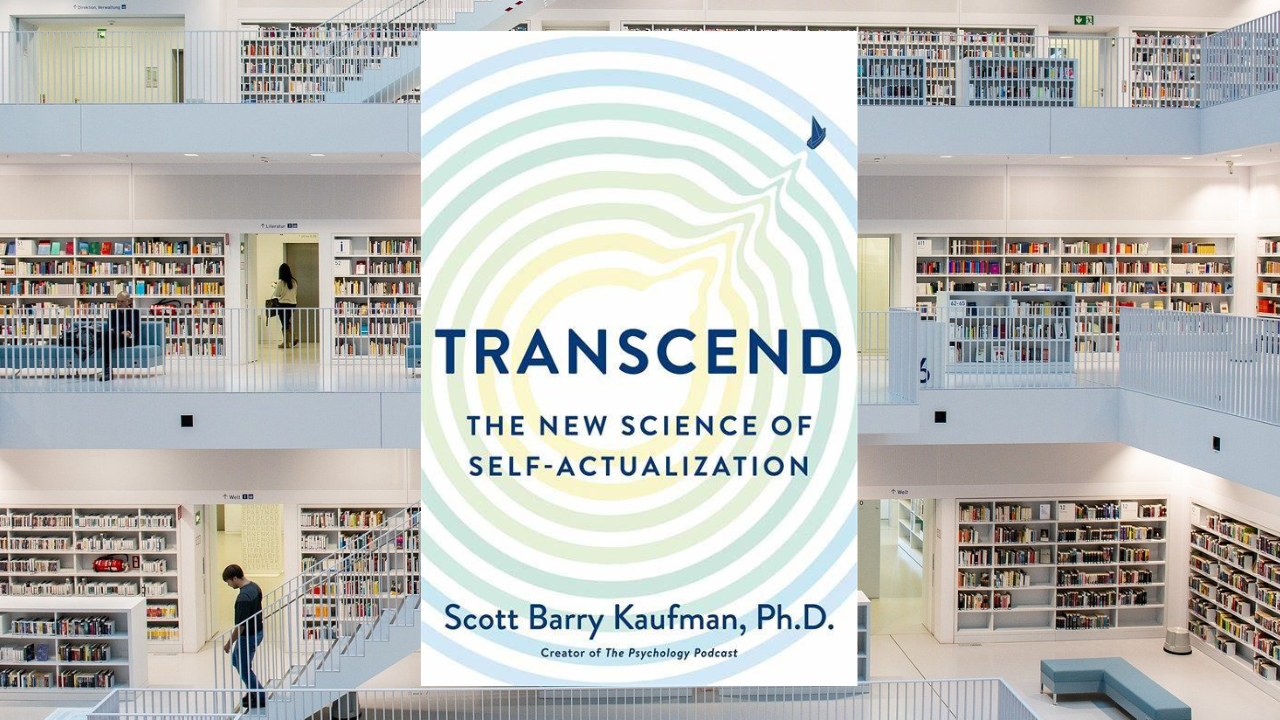
Transcend, by Scott Barry Kaufman:
Ideas never die, and although Abraham Maslow passed away in 1970, the currents of his thought have turned into a tidal wave, thanks to the pioneering work of Dr. Scott Barry Kaufman, who has expanded and updated Maslow's ideas for the benefit of us all.
Maslow was an American psychologist who is often credited with hammering out a hierarchy of needs - that same pyramid you were probably made to memorize in school - that includes the basic "security" needs of safety, connection, and self-esteem, and then moves through the "growth" needs of exploration, love, and purpose.
In Transcend, Dr. Kaufman shows how, right up until the end of his life, Maslow was extending his world-famous ideas about self-actualization and self-expression and moving into the territory of transcendence, or interconnection between the fates and destinies of every human being alive on Earth.
It's a big vision, but as you'll be able to tell, he thought more highly of each of us than perhaps we've ever thought of ourselves.
Indeed, throughout Transcend, Dr. Kaufman gives us a picture of a man so enamored with the possibilities for mankind's development and flourishing that you almost can't help but be swept away by Maslow's ideas. He makes us want to be better than we are.
Sample Quotes from the Book:
“I believe in the fundamental capacity of humans for growth. No matter your current personality or circumstance, I believe that this book can help you grow in precisely the direction you truly want to grow, in your own style, and in such a way that allows you to show the universe that you really existed, and benefited others, while you were here. Let's begin the process of becoming."
“There is something comforting about the fact that we all exist together and have to confront the same existential dilemmas."
“Healthy transcendence is an emergent phenomenon resulting from the harmonious integration of one's whole self in the service of cultivating the good society."
Read the Full Breakdown: Transcend, by Scott Barry Kaufman
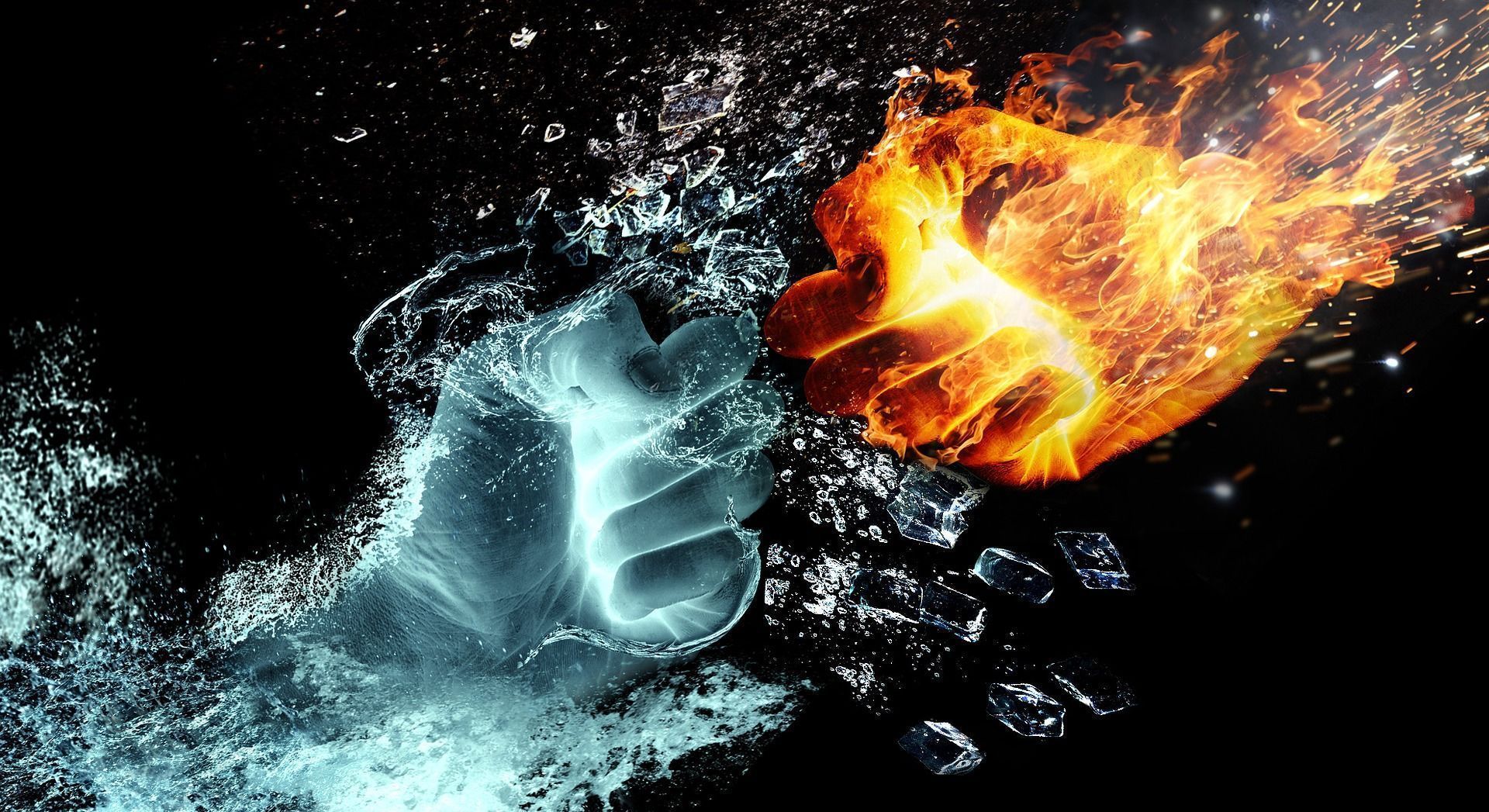
The View from the Opposition:
No one's ideas are beyond questioning. In this section, I argue the case for the opposition and raise some points you might wish to evaluate for yourself while reading this book.
#1: The Two Categories of Truth
The kind of truth we're talking about here isn't the laws of physics, or the population of China, or whether your friend did actually steal your favorite shirt (she did), or anything like that. Krishnamurti isn't disputing the facts of the world, like how many times you've seen "The Happening" (once too many), or whatever else that most people agree on.
We're also not talking about blinding yourself to essential truths about yourself, and indeed, Krishnamurti talks about patient observation of the activities of your own mind as a way to get closer to the truth about yourself and who you are.
Really what we're discussing here is freedom from mental conditioning and from attachment to rigid, antagonistic thinking about national boundaries, negative emotions like pride and envy, etc. So I don't want people to get the wrong idea and think that Krishnamurti is claiming that there's no such thing as truth at all.
Come to think of it, the French postmodernist philosopher, Jacques Derrida, wrote a book claiming that there was no such thing as truth...and then he wrote forty more books! I mean, if he was right the first time, why all the other books?!
"The test of a first-rate intelligence is the ability to hold two opposed ideas in the mind at the same time and still retain the ability to function.”
-F. Scott Fitzgerald
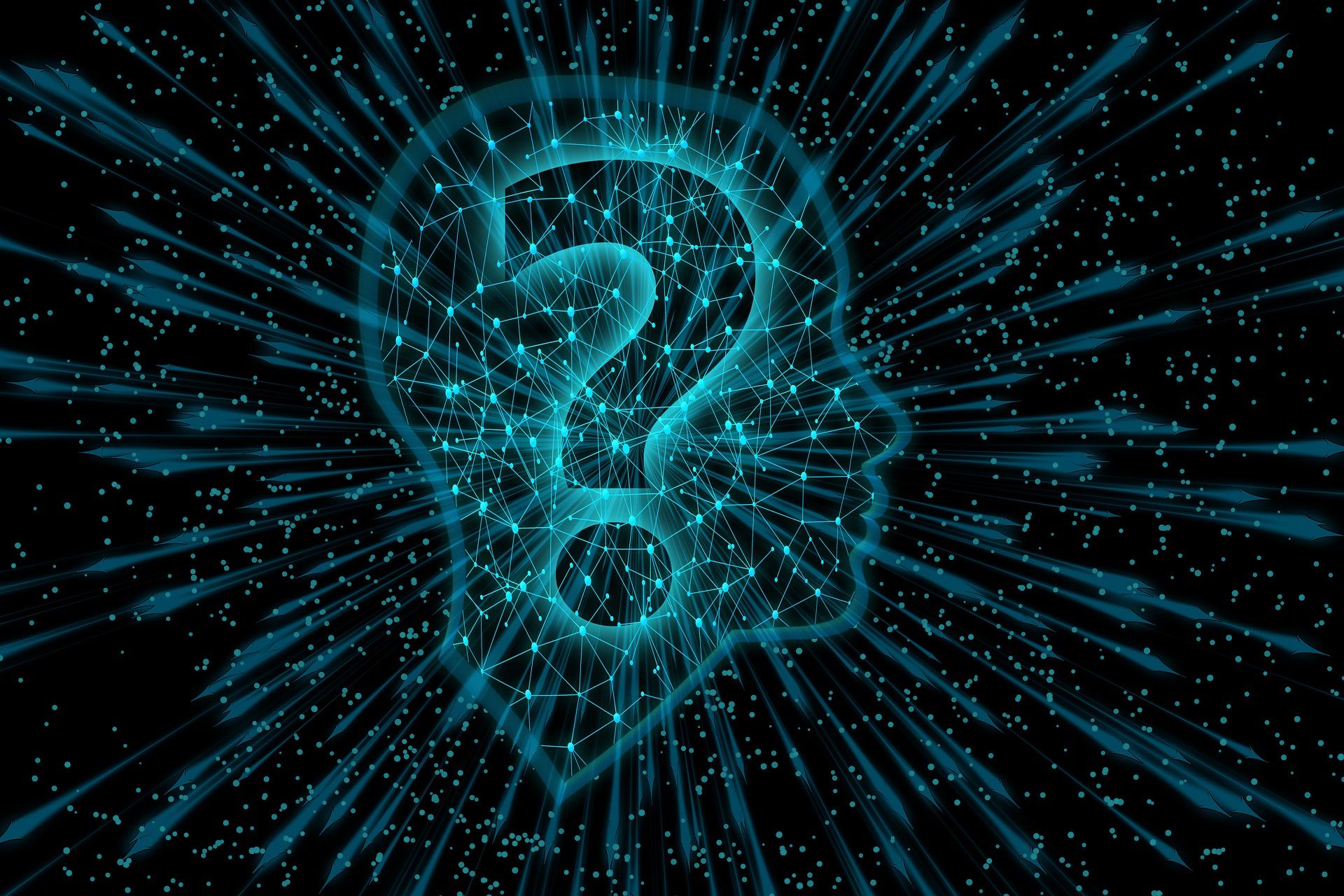
Questions to Stimulate Your Thinking:
The quality of your questions determines the quality of your life. That's also how you get the absolute most out of any book that you decide to read:
You ask great questions the whole time - as though the book was on trial for its life.
Here in this section are a few questions that can help guide and stimulate your thinking, but try to come up with your own additional questions, especially if you decide to read this book the whole way through...
#1: "What's one thing that you used to fervently believe, but now no longer think is true?"
#2: "How flexible is your mind? Are you willing and able to give up your previous beliefs on the strength of new information? How fast can you do this?"
#3: "Has anyone ever tried to convince you that they alone knew the whole truth about something and that following them was the only way for you to learn it too?"
#4: "Do you have any deep beliefs that you've never thought to question? How do you know?"
#5: "Have you ever questioned your deepest beliefs? Not the ones that you 'kind of' believe, but the ones you think are irrefutably true? Did they budge?"
#6: "Have you ever taken an entire afternoon - or even an hour - to sit back and calmly observe the operations of your own mind? What did you discover? Was it uncomfortable?"
#7: “What is the action of a person who is not caught in time? Or someone who is not ruminating over the past or obsessing about the future? How do they live in the world? What do they do?"
#8: “Do we need time at all, psychologically? Not to live in the world and earn a living and whatnot but as a matter of psychological survival? Do we need time? Or can 'you' exist outside of time?"
#9: "How is your view of reality different than everyone else's? Do you ever feel as though you're missing something crucially important? Or that they are? Or that you both are?"
#10: "What would you do with the truth if you ever found it?"
"Judge a man by his questions, rather than by his answers."
-Voltaire
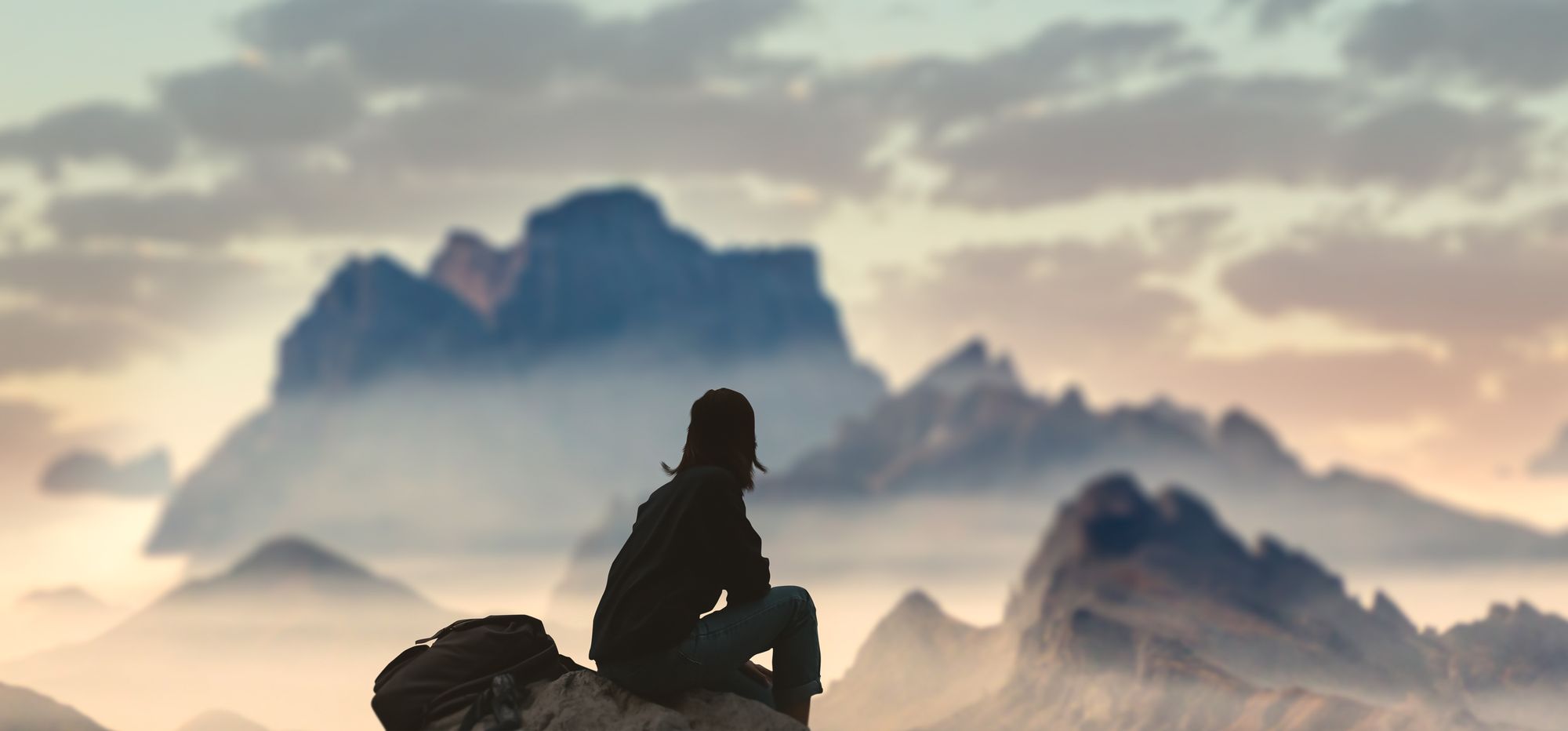
Action Steps:
So you've finished reading. What do you do now?
Reading for pleasure is great, and I wholeheartedly support it. However, I am intensely practical when I'm reading for a particular purpose. I want a result. I want to take what I've learned and apply it to my one and only life to make it better!
Because that's really what the Great Books all say. They all say: "You must change your life!" So here, below, are some suggestions for how you can apply the wisdom found in this breakdown to improve your actual life.
Please commit to taking massive action on this immediately! Acting on what you've learned here today will also help you solidify it in your long-term memory. So there's a double benefit! Let's begin...
#1: Let the Mind Be Still and Clear
Trying to force your mind to be still is like trying to smooth over rough water with a flatiron - as Alan Watts used to say! By which he meant that if it's going to happen, it needs to happen by itself. You can't force your mind to empty itself of thoughts, and you can't force the truth to rise to the surface either.
You'll have to "leave the mind alone," and stop stuffing it with ideas and concepts and beliefs and memories if you ever want to encounter the truth and be able to observe it impartially.
So for the next little while - and really, whenever you have a gap in your busy schedule - simply watch the activities and movements of your own mind without trying to force anything. And instead of trying to cram into your brain all this information about what other people have thought and said, turn inward and find out what you think.
#2: Resist the Urge to Cling to Any Idea
Truth is constantly moving, and you have to move with it, instead of trying to hold onto what came before, no matter how pleasant or comforting.
Whenever you encounter the truth of Reality or Existence (however you conceive it), you may be in tune for a short time with the "immeasurable," as Krishnamurti calls it, but it won't last. The next moment, a new truth will take its place, and if you try to hang onto the old one, you'll miss it.
#3: Continue the Search
The search for what's true will continue for as long as you live, and perhaps even longer. Truth is available to each and every one of us at every single moment, but it expires quickly. It's only the mind that is alert, flexible, open, and loving that can ever approach it.
Life will always remain exciting and vivid as long as we're constantly pursuing new truths and remain willing to let go of them just as quickly as we wait for the next one to come along. The important thing in all this is to never give up the search, never stop asking questions, and never stop wondering.
"The path to success is to take massive, determined action."
-Tony Robbins

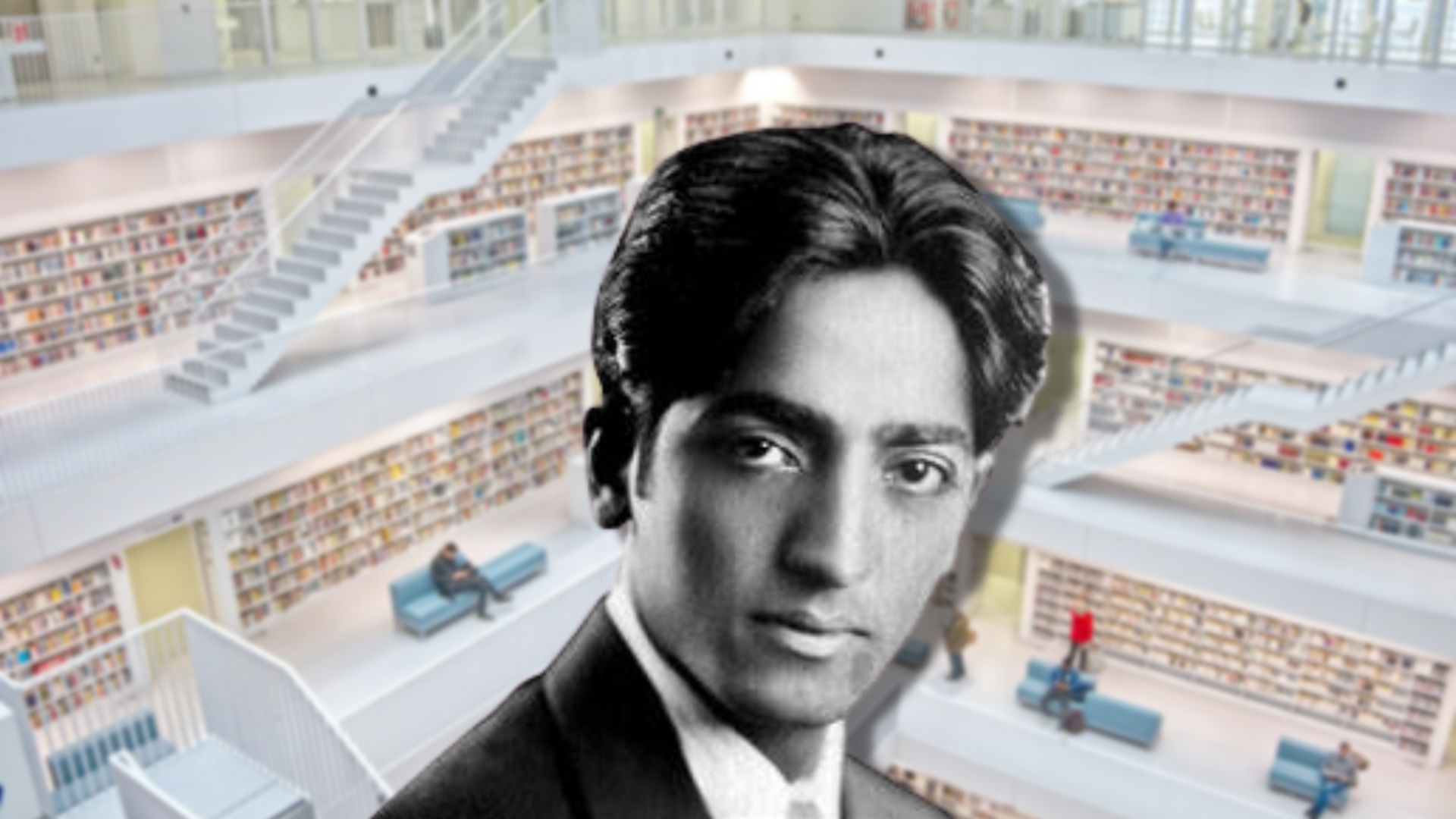
About the Author:
Jiddu Krishnamurti was born on 11 May 1895 in Madanapalle, a small town in south India. He and his brother were adopted in their youth by Dr. Annie Besant, then president of the Theosophical Society. Dr. Besant and others proclaimed that Krishnamurti was to be a world teacher whose coming the Theosophists had predicted. To prepare the world for this coming, a worldwide organization called the Order of the Star in the East was formed, and the young Krishnamurti was made its head.
In 1929, however, Krishnamurti renounced the role that he was expected to play, dissolved the Order with its huge following, and returned all the money and property that had been donated for this work.
From then, for nearly sixty years until his death on 17 February 1986, he traveled throughout the world talking to large audiences and to individuals about the need for a radical change in humankind.
Krishnamurti is regarded globally as one of the greatest thinkers and religious teachers of all time. He did not expound any philosophy or religion but rather talked of the things that concern all of us in our everyday lives, of the problems of living in modern society with its violence and corruption, of the individual's search for security and happiness, and the need for humankind to free itself from inner burdens of fear, anger, hurt, and sorrow.
Krishnamurti reminded his listeners again and again that we are all human beings first and not Hindus, Muslims, or Christians, and that we are like the rest of humanity and are not different from one another. He asked that we tread lightly on this earth without destroying ourselves or the environment. He communicated to his listeners a deep sense of respect for nature. His teachings transcend man-made belief systems, nationalistic sentiment, and sectarianism. At the same time, they give new meaning and direction to humankind's search for truth. His teaching, besides being relevant to the modern age, is timeless and universal.
Additional Resources:
Jiddu Krishnamurti - Wikipedia
Jiddu-Krishnamurti.org - Main Website
Jiddu Krishnamurti - The Ending of Conflict
Jiddu Krishnamurti - On Relationships and Conflict
Jiddu Krishnamurti - Truth is a Pathless Land
This Book on Amazon:
On Truth, by Jiddu Krishnamurti
If You Liked This Book:
Discover the Immeasurable, by Jiddu Krishnamurti
On Conflict, by Jiddu Krishnamurti
The Revolution from Within, by Jiddu Krishnamurti
The First and Last Freedom, by Jiddu Krishnamurti
Think on These Things, by Jiddu Krishnamurti
Transcend, by Scott Barry Kaufman
Awareness, by Anthony de Mello
